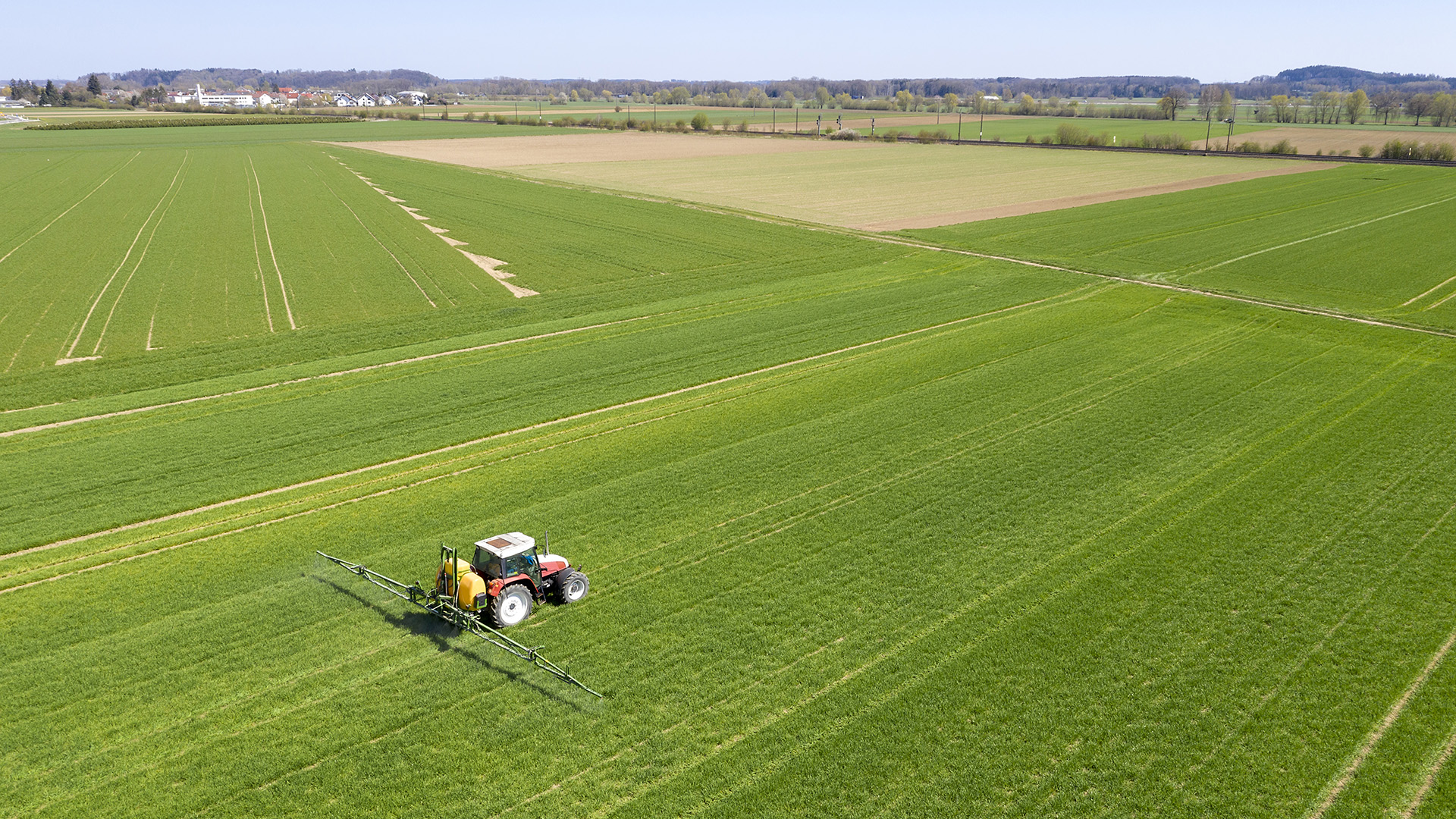Crop rotation is a technique used by farmers to keep soil enriched, or at least preventing it from being depleted from nutrients altogether. When done correctly, crop rotation also improves crop yields, reduces weeds, and decreases the pest population.
Other Advantages of Crop Rotation
Crop rotation has many crucial advantages to avoid problems for the farmer, such as pests. It can also save you time and money, as well as being environmentally friendly. Proper crop rotation prevents your soil from becoming depleted of nutrients since each type of plant requires different elements and brings nourishment to the land. Here’s how.
Prevent Pests and Diseases
One advantage of crop rotation is that you’ll prevent pests and diseases that attack from extending their stay. Most pests prefer certain crops over another, so a crop rotation over time creates land that is less likely to be infested. One pest can destroy an entire crop yield, so it’s important to consider crop insurance.
Pests and diseases tend to hibernate in the winter, so when it comes time to plant, soil conditions are perfect for them to thrive and continually reproduce. You’re basically gifting them an ideal home unless you change the type of crop you grow each season. Luckily, this also means savings in the use of pesticides, whether biological or chemical.
Reduce the Need for Pesticides
Pesticide poisoning is a contributing factor to the two million pesticide-related health issues reported every year. Crop rotation is a critical component in the reduction of these illnesses and essential for creating a sustainable future.
Reduced Pollution
Nitrogen added to fertilizers can end up in our drinking water and lead to the release of so much excess nitrogen that it disrupts the balance of fragile ecosystems. However, crop rotation gives your soil enough of everything it needs, naturally, so farmers don’t need to worry about the widespread contamination of land or water.
Save Water
Crop rotation helps you conserve water because you won’t have to irrigate your crops as often. With your improved soil structure, the soil naturally holds more water by absorbing more efficiently. This healthy soil also hangs onto the water deep down, so it stays moist especially in dry seasons. An additional benefit of less irrigation is the prevention of soil erosion.
Prevent Soil Erosion
Crop rotation prevents soil erosion. By planting the same crops year after year, your soil becomes more susceptible to erosion based on the shape of your plant’s root systems, shape, and canopy. Crop rotation prevents soil erosion by using cover crops to minimize exposure to the elements. Also, there’s reduced soil disturbance. More extended periods of undisturbed soil reduce its distress. Lastly, crop rotation prevents one of the most common causes of soil erosion, which is heavy rainfall. A soil structure with a good holding capacity will prevent soil erosion in the event of flooding. Crop insurance is absolutely essential when it comes to inclement weather, so make sure you’re covered.
Save Money
Crop rotation also has other indirect advantages such as reduced fertilizer use, which is a savings for organic farmers. Weeds are controlled more efficiently, which also means savings both in the economic aspect and in the time and dedication of the farmer.
Save Time
Did you know crop rotation can save you time by spreading your workload during planting season over a few weeks? Farmers who rotate crops don’t need to worry about the costly consequences of late planting that’s common with some crops, like corn.
Disadvantages of Crop Rotation
Crop rotation really only has one drawback (although some may see it as an advantage.) There is a crop rotation schedule that must be followed to reap such benefits. The crop rotation schedule has to be strict to optimize land and soil.
The rotation of crops consists of alternating harvests of different families and with different nutritional needs in the same place during different cycles, preventing the soil from being depleted from essential nutrients. This also prevents crop disease and weeds as well. This ensures the sustainability of the land by promoting crops that alternate year after year to maintain soil fertility.
You can plan and schedule a successful crop rotation with a little bit of advanced preparation. Give Wathen Insurance a call at 765-676-9666 to discuss crop insurance before the next harvest.
Are you on Facebook? We are, too! Let’s be friends!






Recent Comments